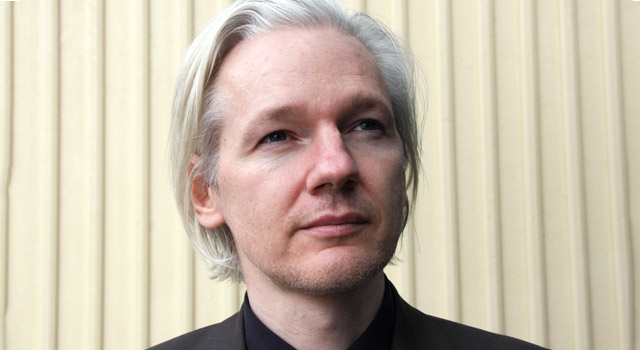
A United Nations panel has found that Sweden and the UK have arbitrarily detained WikiLeaks founder Julian Assange contrary to their obligations under human rights treaties. The panel called on the two governments to ensure Assange’s rights are respected and to compensate him for his time in detention.
Assange, who sought asylum in the Ecuadorian embassy in London in 2012 and has lived there ever since, described the findings as “the end of the road” for Sweden’s attempts to prosecute him for sexual offences and for the UK’s attempts to extradite him to Sweden. However, the UK and Swedish governments rejected the panel’s findings.
So, in practice, what do the panel’s findings actually mean?
Assange was accused in 2010 of a number of sexual offences in Sweden. A Swedish prosecutor demanded Assange’s presence in the country for questioning by means of a European arrest warrant.
Following the request for extradition, Assange was arrested and at first held in prison in the UK, then placed under house arrest. He contested the warrant’s validity, but in 2012 the UK supreme court ruled he could be sent to Sweden for questioning. Shortly after, Assange sought asylum in the Ecuadorian embassy.
The Working Group on Arbitrary Detention, which issued this opinion, is one of the UN’s special procedures on human rights. It is made up of five independent experts on issues relating to detention. Its mandate includes investigating complaints brought by individuals or groups and helping countries improve their procedures. It is currently developing a set of principles and guidelines on procedures for court review of detention.
Most of the body’s opinions relate to cases where the complainant’s detention lacks any legal basis and there is a clear violation of legal due process.
In its opinion on Assange, it determined that the detention was disproportionate rather than lacking a legal basis. It focused on the length of time since the initial arrest and concluded that the Swedish prosecutors had not acted with due diligence to progress Assange’s cases.
Unlike many human rights cases involving complaints about delay in criminal procedure, the opinion did not consider how Assange’s own actions contributed to the length of detention.
What now?
This opinion was not an appeal; the body was not reviewing the national court decisions. It cannot — it is not a judicial body.
Despite Assange’s seeming assertion that such opinions are legally binding because they are based in international law, countries are not obliged to follow them. However, most do.
As a result, while there is no legal impediment to the UK and Sweden ignoring the opinion, there will be pressure on them to respect it. The UK finds itself in a difficult situation because it has clear legal obligations to execute a European arrest warrant. Those obligations conflict with the opinion.
The UK and Sweden have the right to request review of the opinion within 60 days. Such a review may have a reasonable likelihood of success because, unusually, this opinion was not unanimous. One of the panel’s five members, Leigh Toomey, withdrew from deliberations because, like Assange, she is an Australian national.
Another member, Vladimir Tochilovsky, dissented from the majority opinion. He concluded that Assange was not subject to arbitrary detention because he entered and has remained in the Ecuadorian embassy voluntarily. Tochilovsky also asserted that other UN or European human rights procedures would have been more appropriate because they would have been able to look at Assange’s human rights in general, rather than just at arbitrary detention.
This disagreement will probably form the basis of the request for review of what — even for some legal commentators — is a controversial decision. Far from being the end of the road for the Assange saga, this decision marks just another staging post.![]()
- Holly Cullen is professor, faculty of law, University of Western Australia
- This article was originally published on The Conversation

